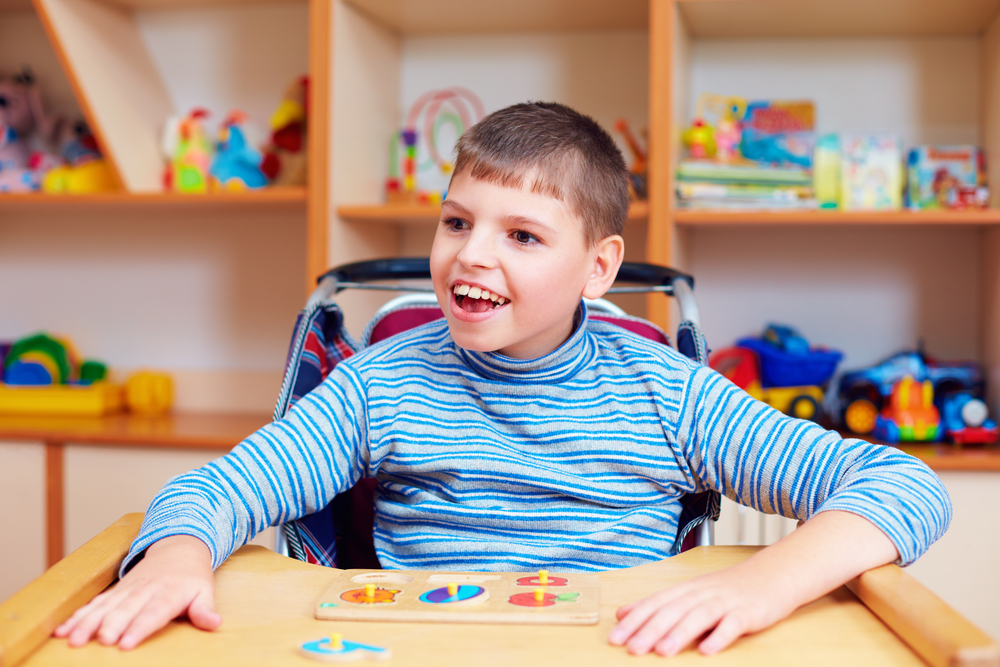What is Part B?
The Individuals with Disabilities Education Act (IDEA) is a federal law that makes free public education available, and it’s tailored to the individual needs of all eligible children with disabilities. Federal grants allow these free services for all children who qualify. The provisions of IDEA are sectioned into four parts:
- Part A – General Provisions
- Part B – Assistance for Education of All Children with Disabilities
- Part C – Infants and Toddlers with Disabilities
- Part D – National Activities to Improve Education of Children with Disabilities

Part B is the foundation of special education. It governs how special education and related services such as physical, occupational, and speech therapy, and things like adaptive equipment are provided to school-aged children with disabilities. IDEA lists the following as disability categories:
- Autism
- Deafness
- Deaf-blindness
- Developmental delay
- Emotional disturbance
- Hearing impairment
- Intellectual disability
- Multiple disabilities
- Orthopedic impairment
- Other health impairment
- Specific learning disability
- Speech or language impairment
- Traumatic brain injury
- Visual impairment, including blindness
Before children are qualified to receive special education, they need to be evaluated. The evaluation – or screening – will determine what a child needs and guide the decision making about appropriate services and educational programs for a child. This is called an Individualized Education Plan (IEP), and it’s focused on the individual child’s goals.
In Wyoming, developmental screenings are free, and there are 14 child development centers across the state that provide these services.
Read about the value of having a developmental screening at a Child Development Center.

Wyoming Department of Health
(307) 777-6972
(307) 777-7515
Screen for Success is for every child and every family in Wyoming, without exception, and without discrimination.

